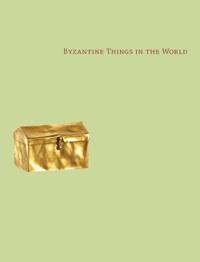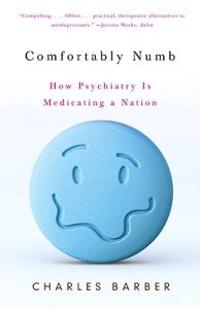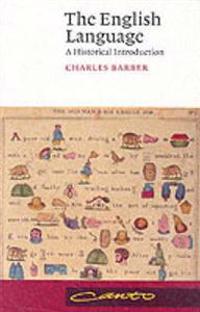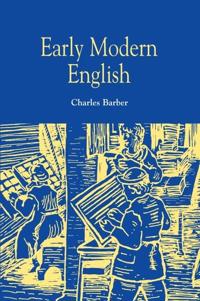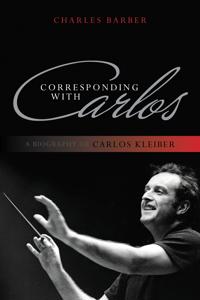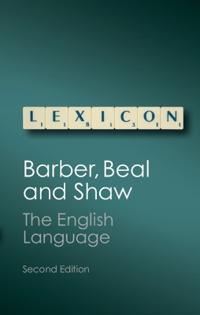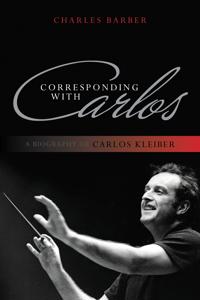Byzantine Things in the World (Häftad)
avCharles Barber
ISBN: 9780300191783 - UTGIVEN: 201306How did Byzantine culture understand its own objects we now call "art"? This enlightening publication proposes that they saw and experienced clay pilgrim tokens, relief stamps, and icons of saints as dynamic and fully capable of affecting the world. The materials used and the sensory impressions the[...]
Comfortably Numb: How Psychiatry Is Medicating a Nation (Häftad)
avCharles Barber
ISBN: 9780307274953 - UTGIVEN: 2009-02American doctors dispense approximately 230 million antidepressant prescriptions every year, more than any other class of medication. Charles Barber""explores this disturbing phenomenon, examining the ways in which pharmaceutical companies first create the need for a drug and then rush to fill it. M[...]
English Language (e-bok)
avCharles Barber, Joan C. Beal, Philip A. Shaw
ISBN: 9780511512674Where does today's English come from? This new edition of the bestseller by Charles Barber tells the story of the language from its remote ancestry to the present day. In response to demand from readers, a brand new chapter on late modern English has been added for this edition. Using dozens of fami[...]
The English Language (Häftad)
avCharles Barber
ISBN: 9780521785709 - UTGIVEN: 200005The English Language: A Historical Introduction covers the history of the English language from its prehistoric Indo-European origins to the present day. Assuming no previous knowledge of the subject, Charles Barber describes the nature of language and language change, and presents a history of the [...]
Early Modern English (Häftad)
avCharles Barber
ISBN: 9780748608355 - UTGIVEN: 199704Now available in a completely revised edition, this book describes the English language between the years 1500 and 1700 - the different varieties of the language, the attitudes of its speakers towards it, its pronunciation, vocabulary and grammar. It will be useful to serious students of the histor[...]
Corresponding with Carlos (Inbunden)
avCharles Barber
ISBN: 9780810881433 - UTGIVEN: 201111Carlos Kleiber (1930-2004) was the greatest conductor of his generation. His reputation is legendary, and yet astonishingly, in his five decades on the podium, he conducted only 89 concerts, some 600 opera performances, and produced 12 recordings. How did someone who worked so little compared to his[...]
The English Language (Häftad)
avCharles Barber, Joan Beal, Philip Shaw
ISBN: 9781107693937 - UTGIVEN: 201203This bestselling text by Charles Barber, with updating contributions from Joan C. Beal and Philip A. Shaw, recounts the history of the English language from its remote ancestry to the present day. Using dozens of familiar texts, including the English of King Alfred, Shakespeare and Chaucer, the Engl[...]
Corresponding with Carlos (Pocket)
avCharles Barber
ISBN: 9781442231177 - UTGIVEN: 2013-12Carlos Kleiber (1930-2004) was the greatest conductor of his generation. His reputation is legendary, and yet astonishingly, in his five decades on the podium, he conducted only 89 concerts, some 600 opera performances, and produced 12 recordings. How did someone who worked so little compared to his[...]

